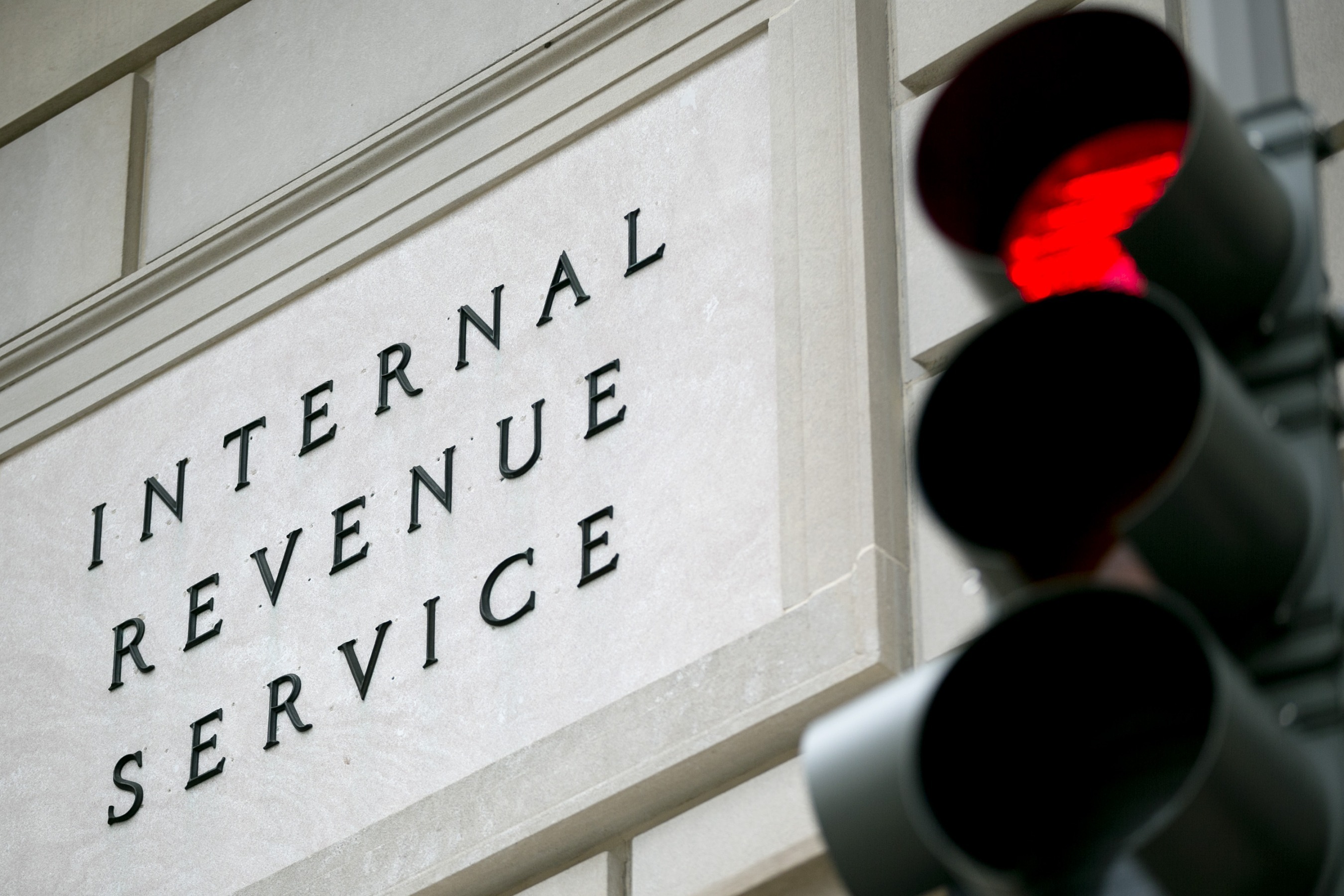The Internal Revenue Service is offering less generous settlement terms to participants in micro-captive insurance schemes as part of its clampdown on the transactions.
The IRS said Thursday it will be sending settlement offers with terms that are stricter than ones it offered last year under an earlier micro-captive initiative. The IRS has been focusing on cracking down on certain types of tax avoidance schemes, such as syndicated conservation easements and micro-captive insurance, while also stepping up tax enforcement efforts against holders of digital currencies such as Bitcoin and Ethereum, despite a decreasing number of IRS audits overall in recent years.
The crackdown isn’t entirely new. In 2016, the Treasury Department and the IRS issued Notice 2016-66, which identified certain micro-captive transactions as having the potential for tax avoidance and evasion.
A micro-captive insurance company is a small property and casualty insurance company owned by its members in a kind of self-insurance arrangement. Under section 831(b) of the Tax Code, micro-captives pay taxes only on their investment income, premiums are tax deductible and underwriting profits aren’t subject to immediate taxes.
More recently, the IRS sent 12 newly formed micro-captive examination teams to increase the number of examinations of abusive micro-captive insurance transactions. The IRS said it has decided to offer to resolve certain cases by requiring substantial concession of the income tax benefits claimed by the taxpayer, along with penalties that can be partly mitigated if a taxpayer can show good faith, reasonable reliance on an independent, competent tax advisor and if taxpayers can demonstrates they didn’t participate in any other reportable transactions.
“The IRS maintains a relentless agencywide commitment to combat abusive transactions” said IRS Large Business International commissioner Douglas O’Donnell in a statement Thursday. “Our offer terms are only getting stricter; and taxpayers would be well advised to consult with an objective, competent advisor with the aim of getting out now and putting this behind them.”
This most recent settlement initiative is now limited to taxpayers with at least one open year under exam. Taxpayers who also have unresolved years under the jurisdiction of the IRS Independent Office of Appeals could also be eligible, but those with tax years involving micro-captive transactions docketed in Tax Court under the IRS Counsel’s jurisdiction, in general, aren’t eligible. Taxpayers who don’t receive an offer letter are not eligible for the settlement.
The IRS noted that because the terms of the second settlement initiative reflect the IRS’s current settlement position, some taxpayers who received but rejected an offer under the first time-limited initiative may receive an offer under this second time-limited settlement initiative, but it will be under the new, stricter terms.
Taxpayers who receive offer letters under the settlement initiative, but who opt against participating in it, will still be audited by the IRS under its normal procedures. They face some dire potential outcomes, though, including, but not limited to, full disallowance of their captive insurance deductions, inclusion of income by the captive, withholding tax related to any foreign captives, and imposition of all of the applicable penalties.
Taxpayers who decline to participate in the settlement will have their full rights to an appeal, but the IRS Independent Office of Appeals is naturally aware of the settlement initiative, and the IRS warned that given the current state of the law, taxpayers shouldn’t expect to receive better terms from the Appeals office than those offered under this initiative.